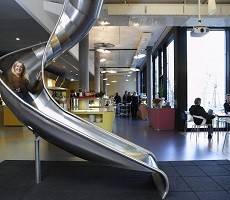May 18, 2016
Younger working mothers bear the brunt of maternity discrimination 0
 As we’ve discussed before, when female workers have children their career prospects and salaries begin to slip. Having kids young and ramping up your career in your late 30s isn’t an option either as many working mothers find it difficult to secure flexible and well paid work with good career prospects while still in the early years of their career. This is one of the reasons why the average age of mothers in this country is now 34 and rather more controversially, why companies such as Apple and Facebook are offering women the chance to have their eggs frozen. More disturbingly though, research by the Equality and Human Rights Commission has found young mothers are significantly more likely to experience pregnancy and maternity discrimination, with six times as many under 25 year olds than average reporting being dismissed from their jobs after they tell their employer they are pregnant.
As we’ve discussed before, when female workers have children their career prospects and salaries begin to slip. Having kids young and ramping up your career in your late 30s isn’t an option either as many working mothers find it difficult to secure flexible and well paid work with good career prospects while still in the early years of their career. This is one of the reasons why the average age of mothers in this country is now 34 and rather more controversially, why companies such as Apple and Facebook are offering women the chance to have their eggs frozen. More disturbingly though, research by the Equality and Human Rights Commission has found young mothers are significantly more likely to experience pregnancy and maternity discrimination, with six times as many under 25 year olds than average reporting being dismissed from their jobs after they tell their employer they are pregnant.



































May 18, 2016
What the imminent arrival of driverless vehicles will mean for the way we work 0
by Mark Eltringham • Cities, Comment, Flexible working, Technology
(more…)